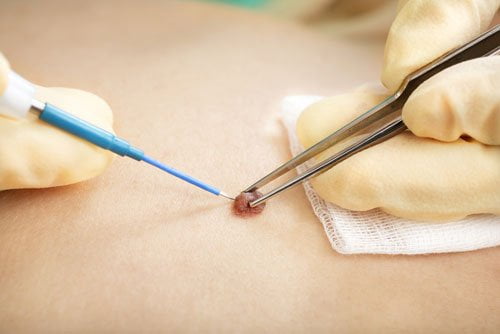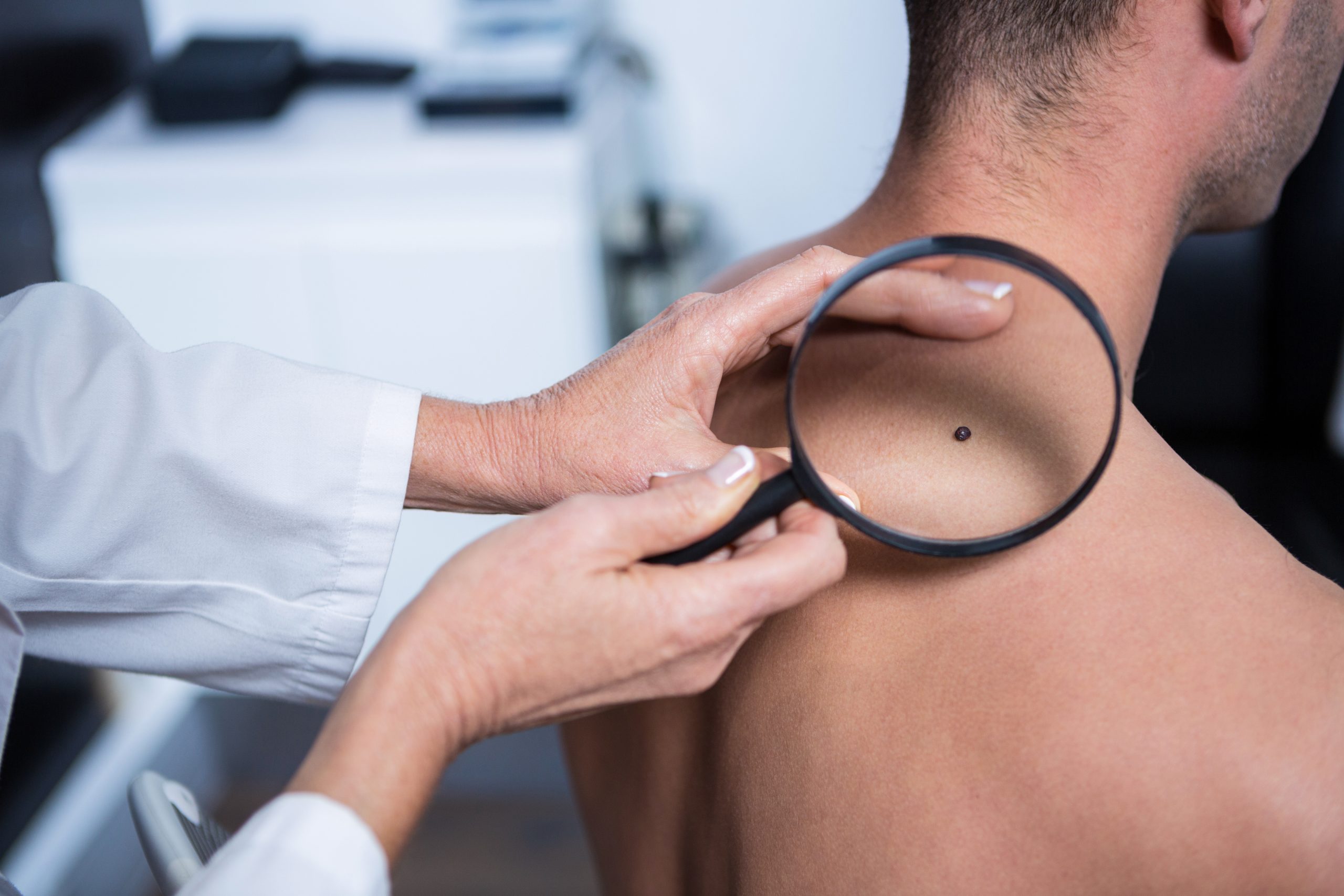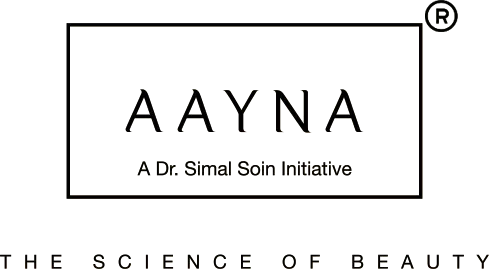What Is Molluscum Contagiosum?
Molluscum contagiosum is a fairly common skin disease caused by the virus Molluscum Contagiosum. A contagious disease, Molluscum contagiosum is most common in children, although it can also affect adults. It is important to identify the symptoms quickly in order to prevent its spread to the people around you.

What Does Molluscum Contagiosum Look Like?
Molluscum contagiosum appears in the form of bumps on the skin that most commonly occur on the face, neck, arms, hands, armpits, inner thighs, genitals, and abdomen. These bumps resemble dome-shaped growths that are flesh-colored or pink and have a dimple in the center. The dimples are often filled with a thick, white substance. Although the bumps are painless, they can cause irritation and itching.
Causes
Molluscum contagiosum is caused by either skin-to-skin contact or by touching something that has already been infected. This makes children and athletes that engage in contact sports more susceptible to catching the infection. Teens and adults contract the virus through sexual contact in most cases.
Symptoms typically show up after 7 weeks of exposure to the virus. If you have concerns that you may have the infection, it is important that you see a dermatologist immediately.
What’s the treatment for Molluscum Contagiosum?
A dermatologist can often diagnose molluscum contagiosum by simply having a good look at it. However, if there is any uncertainty, a skin biopsy can be performed for a definitive diagnosis.
As a virus causes the infection, the bumps, termed as Mollusca, will diminish on their own over the course of time, which ranges from a few months to 4 years. Even though the symptoms will resolve on their own, treatment is recommended to prevent the bumps from spreading to other parts of the body or to the people you come in contact with. Moreover, if you suffer from AIDS, which is a condition that weakens the immune system, the Mollusca will not go away until treated.
If your dermatologist diagnoses you with molluscum contagiosum, it is important to discuss the treatment options available. AAYNA provides advanced molluscum contagiosum treatments such as Radiocautery, which makes use of radiofrequency waves to remove the bumps with minimal tissue damage and least amount of downtime. A quick procedure, Radiocautery causes minimal pain and creates a bloodless field so that no bleeding occurs whilst the removal of


